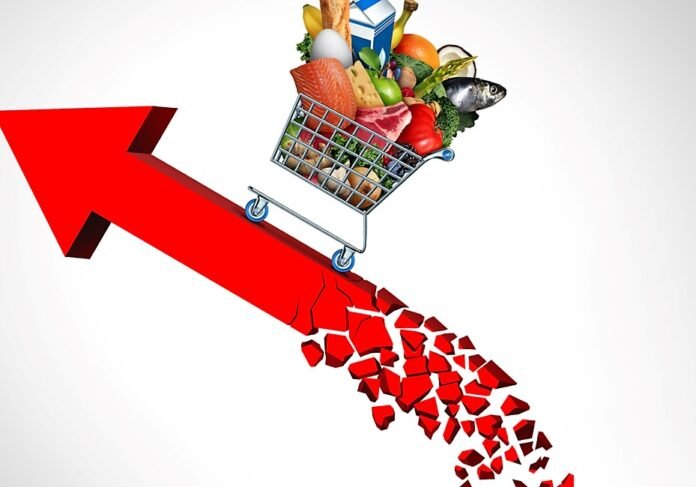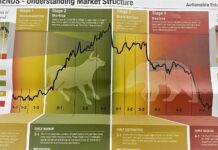Unprecedented Rise in Food Prices: A Concerning Trend
Inflation in the UK has exceeded expectations in February, with food prices soaring to the highest rate in 45 years. The cost of living has spiked to 10.4% in the year to February from 10.1% in January, propelled by shortages of vegetables and salads. Adding to the burden, high alcohol prices in restaurants and pubs have contributed to this alarming trend. However, fuel prices have continued to decline, providing some relief amidst this upward spiral.
The Bank of England’s Decision on Interest Rates: A Matter of Urgency
The Bank of England is tasked with deciding whether to increase, decrease, or hold interest rates to combat this inflation. The bank has already increased interest rates ten times since December 2021, making borrowing money more expensive and curbing spending. The Office for National Statistics (ONS) tracks the prices of everyday items to calculate inflation, revealing a major contributing factor to the recent surge in inflation as the rise in food costs, fueled by shortages of select vegetables and salads.
“Core Inflation” Also Surges Unpredictably
“Core inflation,” which excludes the fluctuating prices of food, energy, alcohol, and tobacco, has also risen unexpectedly. Food inflation stands at a staggering 18.2%, the highest since 1978, primarily caused by food costs’ continued ascent. Grant Fitzner, ONS’s chief economist, predicts a drop in inflation this summer as energy prices decrease, offering a glimmer of hope.
Local Businesses Bear the Brunt of Inflation
Lucianne Allen, the sales and marketing director at Aubrey Allen, a Coventry wholesale butchers with a retail shop in Leamington Spa, stated that rising transport and packaging costs have had a substantial impact. Despite her hopes that price hikes have peaked, inflation continues to grip businesses, choking growth and profitability.
The Political Stance on Inflation: Mixed Reactions
Chancellor Jeremy Hunt assures that the government is providing support to families, but Labour Shadow Chancellor Rachel Reeves asserts that the recent inflation figures reveal that the UK economy is not faring any better than it did thirteen years ago. While economists initially expected the Bank of England to hold interest rates on Thursday, following the staggering inflation figures, an increase from 4% to 4.25% is anticipated.
Implications of Inflation on Households and the Economy
Inflation drastically impacts households by decreasing their purchasing power. With prices skyrocketing, households may need to spend more money to purchase the same amount of goods and services, leaving them with less disposable income. Furthermore, high inflation negatively impacts the economy by reducing consumer and business confidence, leading to decreased spending and investment.
The Gravity of Addressing Inflation
Addressing inflation is critical to maintaining a stable economy. High inflation can lead to hyperinflation, characterized by an uncontrollable increase in prices, resulting in a decrease in the value of money. This can lead to social and political unrest, having catastrophic effects on a country. The Bank of England’s decision on interest rates holds the key to curbing inflation and restoring economic stability.
Google News | Telegram
















